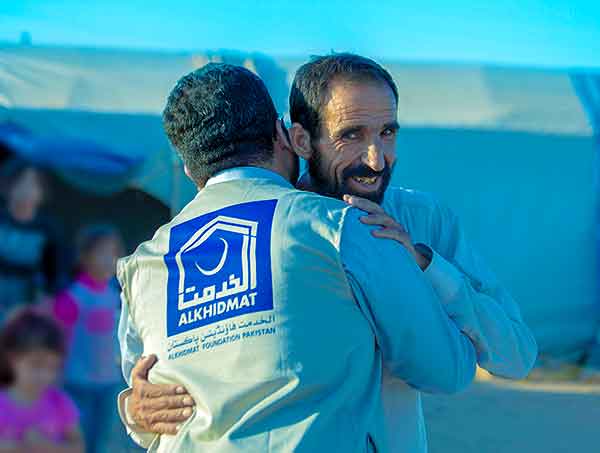Dhul Hijjah is one of the holiest months of the Islamic year, SubhanAllah. It is a month rich in spirituality, as it hosts two significant events: Hajj and Eid ul-Adha. These events are marked by devotion and worship of Allah (SWT), and the first ten days of Dhul Hijjah are considered the best days of the entire year.
The Prophet Muhammad (peace be upon him) said:
"There are no days on which righteous deeds are more beloved to Allah than these ten days."
— Hadith | Sahih al-Bukhari
The first ten days of Dhul Hijjah are more beloved to Allah than the days of Ramadan, SubhanAllah! These are days of great potential to earn immense rewards, have our sins forgiven, and deepen our piety.
For many, after Ramadan, there may be a sense of missed opportunities to do more during the blessed month. The first ten days of Dhul Hijjah provide another golden chance to reconnect spiritually and earn great rewards from Allah, Insha’Allah.
Not only does this month mark the journey of Hajj, but it also culminates in the sacred day of Eid al-Adha. On this day, Muslims who are able must offer a Qurbani in remembrance of Prophet Ibrahim (AS)’s sacrifice, as a sign of devotion to Allah and to help vulnerable communities in need worldwide, including right here in the Pakistan.


